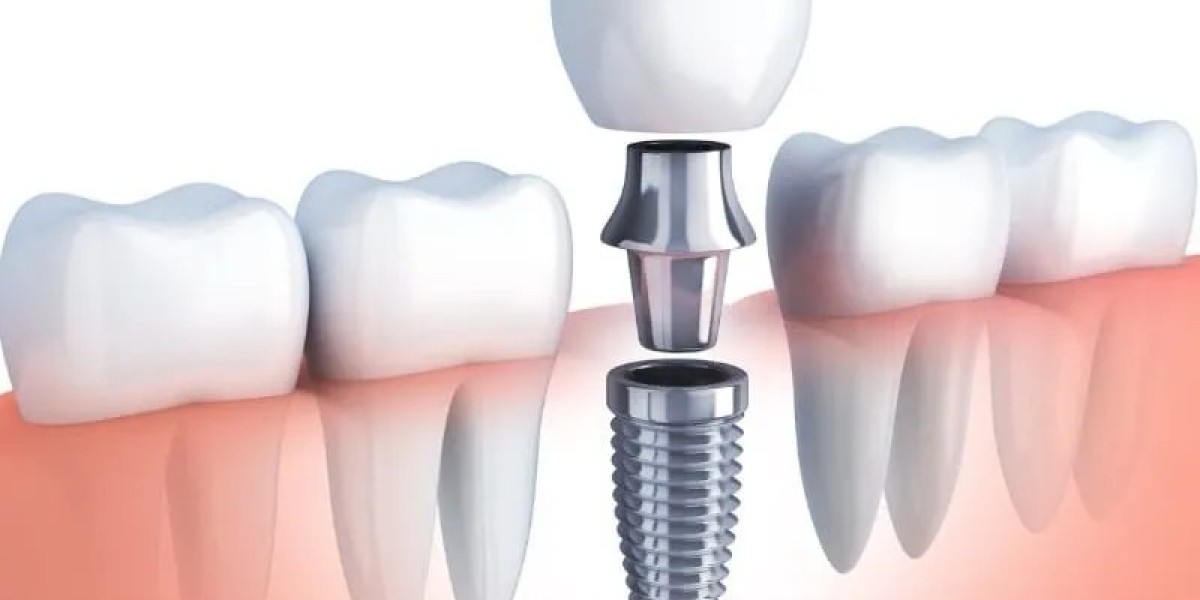In recent years, the conversation surrounding mental health has evolved significantly. With an increasing number of people seeking help for conditions like anxiety and depression, new treatment modalities have emerged. One such treatment is TMS therapy or Transcranial Magnetic Stimulation. This non-invasive procedure uses magnetic fields to stimulate nerve cells in the brain, primarily aimed at alleviating symptoms of depression. But is TMS therapy effective for anxiety and depression? In this blog post, we will delve into the research and evidence surrounding TMS therapy to help you understand its potential benefits and limitations.
Understanding TMS Therapy
TMS therapy is a relatively new treatment option that has gained traction as an alternative to traditional methods such as medication and psychotherapy. It involves placing a magnetic coil against the scalp, which delivers brief magnetic pulses to specific areas of the brain associated with mood regulation. The procedure is typically performed in an outpatient setting, and each session lasts about 20-40 minutes, with patients often undergoing multiple sessions per week for several weeks.
How Does TMS Therapy Work?
The basic premise of TMS therapy is rooted in the concept of neuroplasticity, which refers to the brain's ability to reorganize itself by forming new neural connections. By stimulating specific regions of the brain, TMS therapy aims to enhance neuronal activity, thereby improving mood and reducing symptoms of anxiety and depression. Research has indicated that TMS therapy may be particularly effective in targeting the dorsolateral prefrontal cortex (DLPFC), a region often linked to mood disorders. By modulating the activity in this area, TMS therapy can help restore balance in neurotransmitter systems that are often disrupted in individuals with depression and anxiety.
The Research on TMS Therapy for Anxiety and Depression
Efficacy in Treating Depression
Numerous studies have explored the efficacy of TMS therapy in treating major depressive disorder (MDD). A meta-analysis conducted by the American Psychiatric Association in 2020 reviewed multiple randomized controlled trials and found that TMS therapy significantly reduced depressive symptoms in patients who had not responded to traditional antidepressant medications. Moreover, the FDA has approved TMS therapy for treating depression, underscoring its effectiveness as a viable treatment option. According to a systematic review published in the journal "Psychiatric Clinics of North America," approximately 30-40% of patients with treatment-resistant depression experience significant improvements following TMS therapy.
Efficacy in Treating Anxiety
While most research on TMS therapy has focused on depression, emerging evidence suggests that it may also be effective in treating anxiety disorders. A study published in the "Journal of Anxiety Disorders" in 2018 examined the effects of TMS therapy on patients with generalized anxiety disorder (GAD). The researchers found that participants who underwent TMS therapy experienced significant reductions in anxiety symptoms, with effects lasting for several weeks after treatment completion. Another study published in "Neuropsychobiology" in 2019 assessed the impact of TMS therapy on patients with social anxiety disorder (SAD). Results indicated that patients who received TMS therapy demonstrated marked improvements in anxiety symptoms and social functioning. These findings suggest that TMS therapy may offer a promising alternative for those suffering from anxiety disorders.
Comparative Effectiveness
When considering the effectiveness of TMS therapy, it is essential to compare it with other treatment options. Traditional antidepressants, such as selective serotonin reuptake inhibitors (SSRIs), are often the first line of treatment for depression. However, many patients experience side effects or do not respond adequately to these medications. In contrast, TMS therapy is generally well-tolerated, with minimal side effects, making it an attractive option for individuals seeking alternatives to medication. Research has shown that TMS therapy can lead to faster symptom relief compared to traditional treatments. A study published in "Biological Psychiatry" demonstrated that patients receiving TMS therapy experienced significant improvement in depression scores within the first few weeks of treatment, whereas those on medication often took several weeks or months to feel the effects.
Factors Influencing the Effectiveness of TMS Therapy
While TMS therapy has shown promise, several factors can influence its effectiveness.
Patient Selection
Not all individuals are suitable candidates for TMS therapy. Factors such as the severity and duration of the disorder, previous treatment history, and individual neurobiology can impact the likelihood of a positive response to TMS therapy.
Treatment Protocol
The specific treatment protocol used can also affect outcomes. Variations in stimulation frequency, duration, and target areas may lead to differing results. Research is ongoing to determine the optimal parameters for TMS therapy to enhance its efficacy for anxiety and depression.
Integration with Other Treatments
Combining TMS therapy with other treatment modalities, such as psychotherapy or medication, may enhance overall effectiveness. Some studies have suggested that individuals who receive TMS therapy alongside cognitive-behavioral therapy (CBT) experience greater improvements in mental health compared to those who receive either treatment alone.
Safety and Side Effects of TMS Therapy
One of the appealing aspects of TMS therapy is its favorable safety profile. Most patients tolerate the treatment well, and the side effects are generally mild and transient. Common side effects may include:
- Headaches
- Scalp discomfort at the site of stimulation
- Lightheadedness
- Fatigue
Serious side effects, such as seizures, are extremely rare. Nevertheless, it is essential for individuals considering TMS therapy to discuss potential risks and benefits with their healthcare provider.
Conclusion
In conclusion, TMS therapy presents a promising alternative for those grappling with anxiety and depression, particularly for individuals who have not found relief through traditional treatments. The body of research surrounding TMS therapy indicates its effectiveness in reducing symptoms of major depressive disorder and shows potential in treating anxiety disorders. As mental health awareness continues to grow, innovative treatments like TMS therapy play a vital role in expanding the options available to patients. If you or someone you know is struggling with anxiety or depression, it may be worthwhile to explore TMS therapy as a potential treatment avenue. While ongoing research is crucial to fully understand the long-term effects and optimal protocols for TMS therapy, the current evidence underscores its significance as a viable option for those seeking relief from mental health challenges. Always consult with a qualified healthcare provider to determine the best course of action for your individual needs and circumstances.



